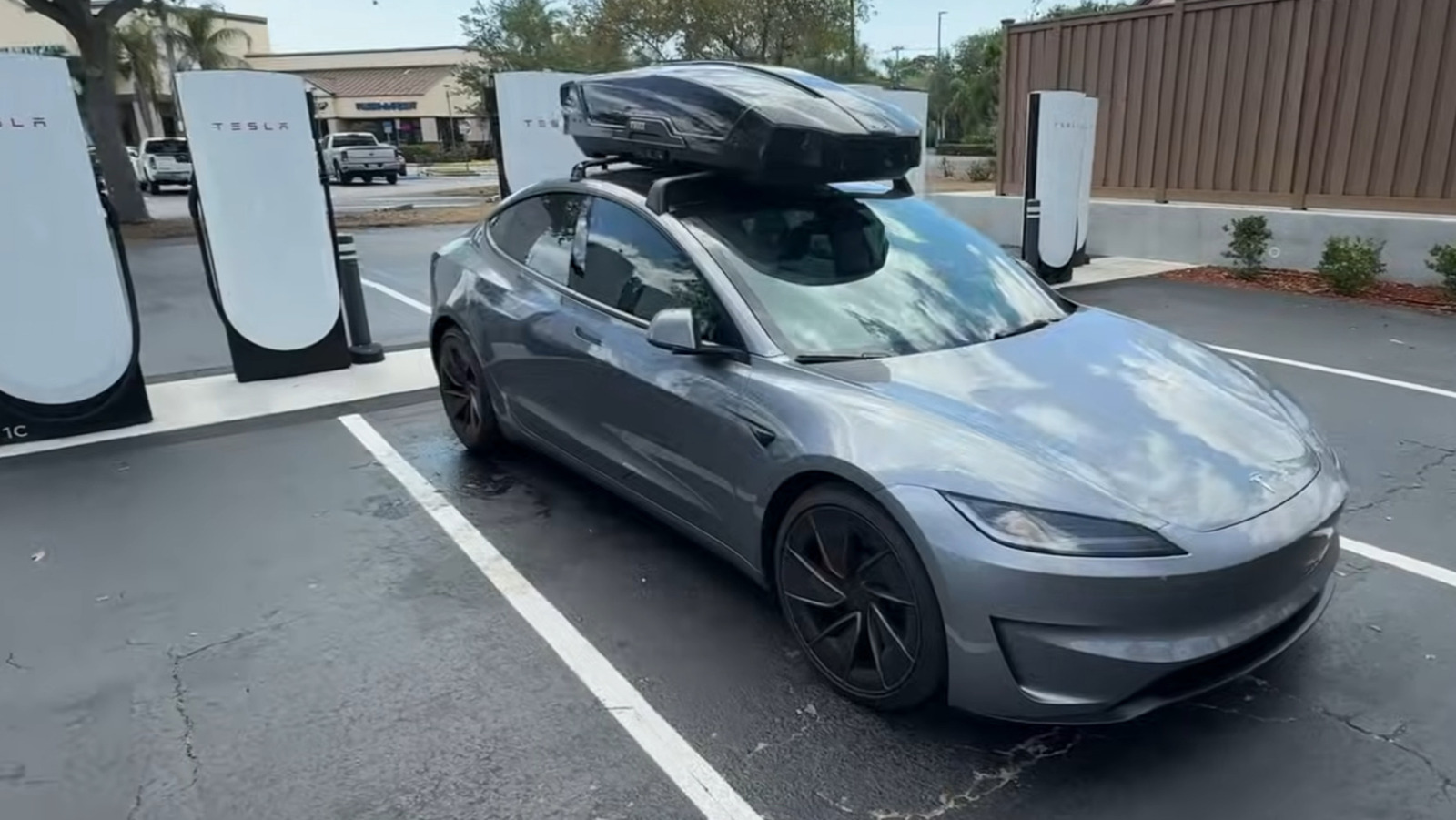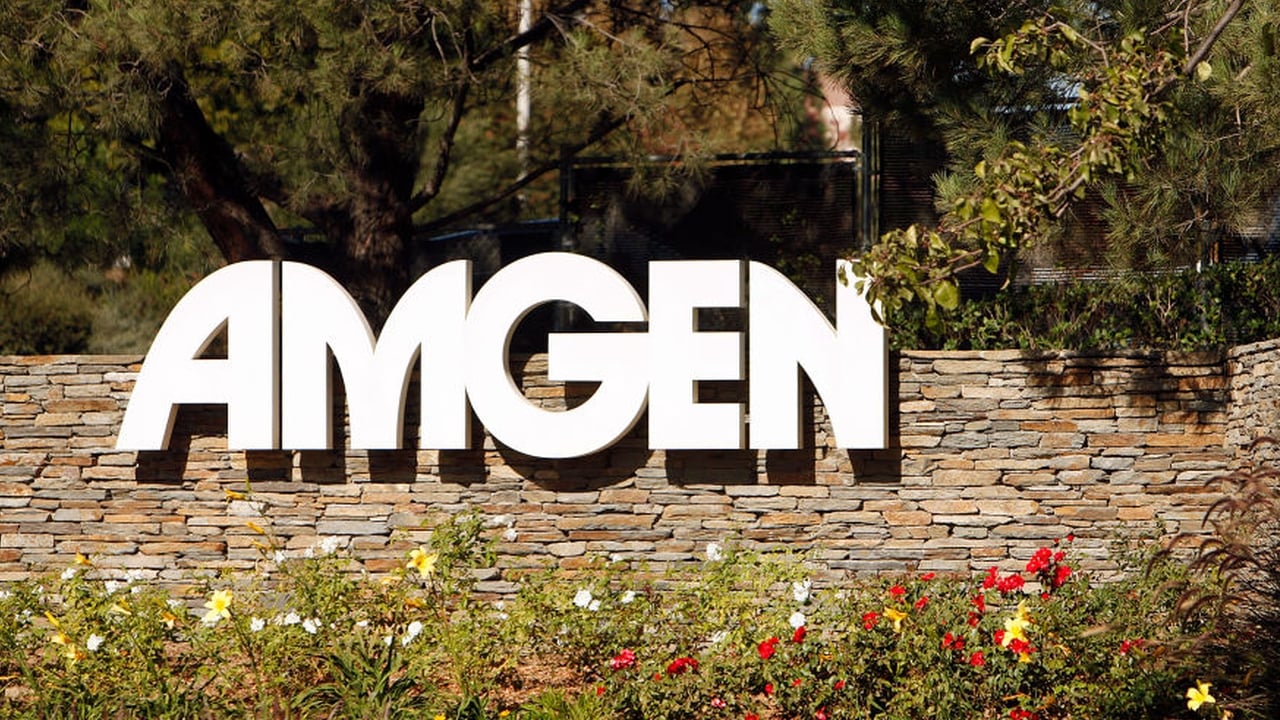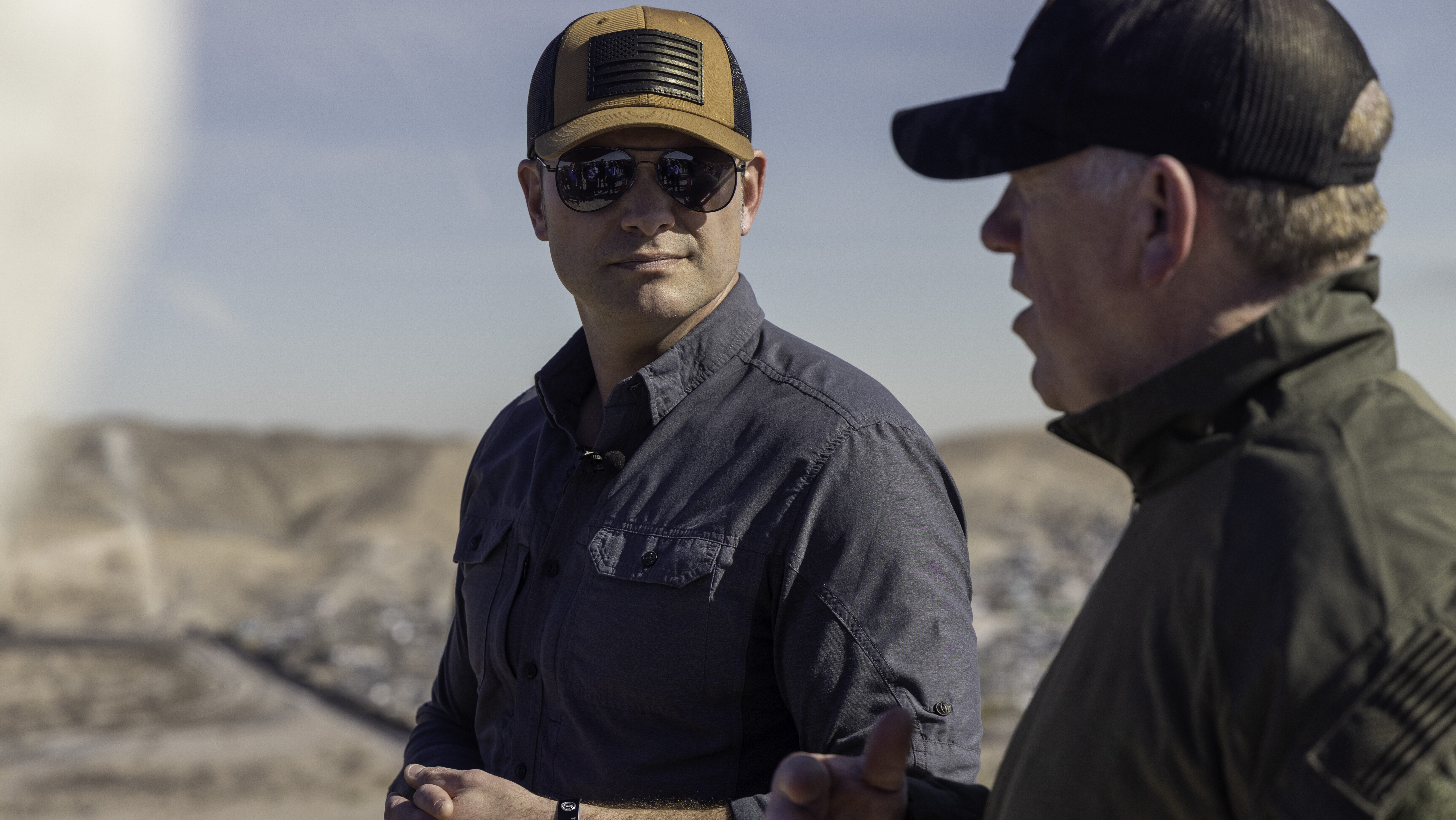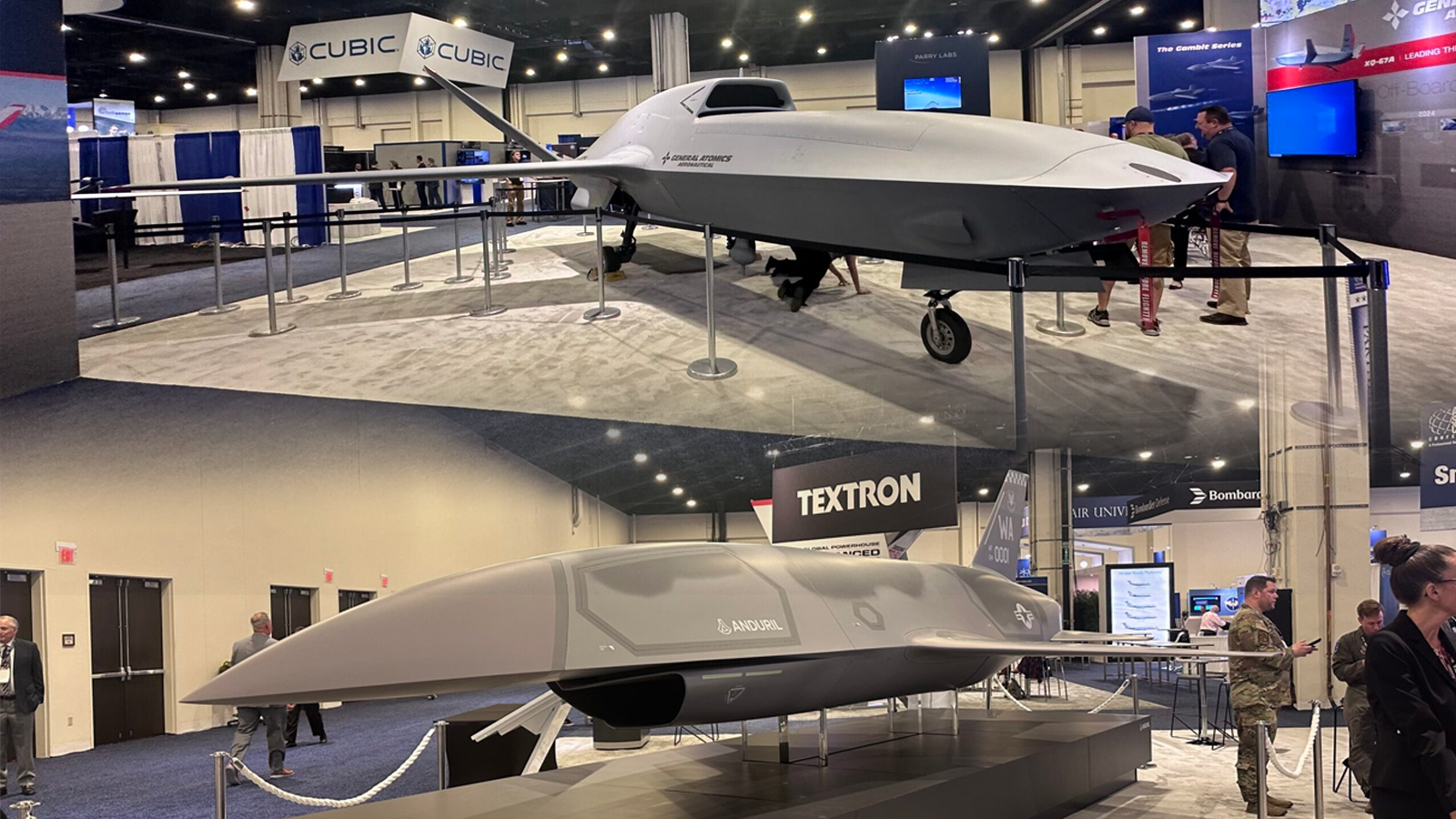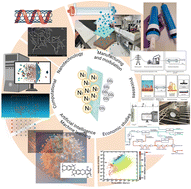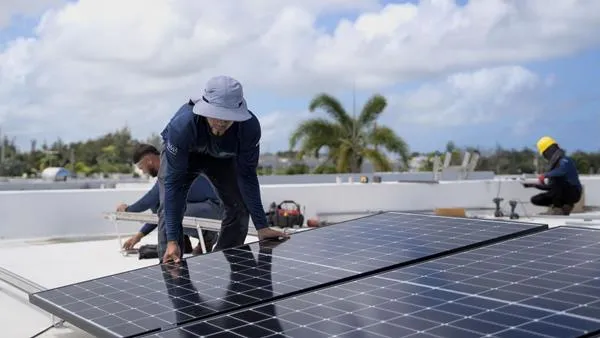Trucking, rail implore Washington to help fight cargo theft
Freight carriers are pressuring Congress and the Trump administration to address the rise in “strategic” cargo theft. The post Trucking, rail implore Washington to help fight cargo theft appeared first on FreightWaves.

WASHINGTON — As monetary costs and safety risks rise in proportion to the increase in cargo theft, freight carriers are upping the pressure on lawmakers for a more coordinated government response to combat the problem.
For the second time in two months, representatives from the trucking and railroad industries participated in hearings on Capitol Hill focused on the problem, which shows no signs of going away.
“Trucking companies are either victims of cargo theft or they’re spending so much money to avoid being a victim that they’re also a victim,” said Bob Costello, chief economist of the American Trucking Associations, at a roundtable discussion on Tuesday hosted by the House Transportation and Infrastructure Committee.
“We have issues with [the Federal Motor Carrier Safety Administration’s] registration system, so when we go into it my members can’t tell if it’s a legitimate carrier or not. When they become victims, they contact local, state or federal law enforcement, and the answer is typically, ‘Turn it into your insurance company.’ Only the federal government has the authority, the resources, the technical abilities to mount an effective response.”
Several bipartisan bills have been introduced this year to improve the response to cargo theft and to prosecute thieves.
Earlier this month, the Combating Organized Retail Crime Act of 2025 was introduced in both the House and Senate. It would establish a coordinated multiagency response to organized cargo and retail theft. The bill also makes it easier to prosecute organized retail and supply chain crime groups using the internet to commit crimes.
In January, Congresswoman Eleanor Holmes Norton, Washington’s nonvoting delegate in the House, introduced legislation to give the FMCSA more power over fake companies attempting to register with the agency and to assess civil penalties.
Such crime went from being conducted primarily by small groups of up to 10 people committing theft at truck stops and parking lots to organized, sophisticated, international crime rings.

Scott Cornell, who heads the Inland Marine Crime and Theft Specialist Office at Travelers Insurance, told lawmakers at the roundtable that cargo theft fundamentally changed between 2020 and 2022.
“They don’t have to physically be on-site risking themselves getting caught stealing the freight when they can actually impersonate a freight broker, hire a legitimate trucking company to pick up the freight for them, and have them move it. It allows them to be anywhere and steal freight from anywhere,” Cornell said.
Such “strategic cargo theft” has increased 1,475% since 2022, moving from 3% to 33% of all cargo theft, and continues to climb, he said.
The current top 10 states for cargo theft, according to Cornell, are, in descending order:
- California
- Texas
- Illinois
- Arizona
- New Jersey
- Georgia
- Pennsylvania
- Tennessee
- Ohio
- Florida
Cities in these states provide “the perfect storm” for cargo theft, he said.
“They’re either port cities or have large rail areas. They have strong economies, high population densities, arterial highways – you have the freight, the money and the people. That’s where most cargo theft has been concentrated,” he said.
However, with the stepped-up activity by organized, sophisticated crime rings, “we’re seeing cargo theft spread into nontraditional areas.”
Rail theft causes disputed
Providing a perspective from rail labor, Eddie Strom, president of a Brotherhood of Locomotive Engineers and Trainmen local, asked for feedback from train engineers at Union Pacific and BNSF railroads.
They reported back that over four working days, 104 container doors had been left open, “with many that never get closed until something bad happens,” he said.
“This kind of stuff rarely happened in my past 20 years of my railroad career, but now, because of precision scheduled railroading, we are seeing a lot of things that were considered safety concerns before, that the railroads are turning a blind eye to.”
Labor has been critical of railroads’ use of precision scheduled railroading (PSR) to improve asset utilization and boost operating efficiency.
“PSR has directly caused this problem to get way worse as railroads have cut staff, including railroad police, and all trains are now double and triple in length,” Strom said. “Both factors make it way more likely for the robbers to target these trains.”
Ian Jeffries, president of the Association of American Railroads, disputed Strom’s take on the issue.
“It won’t surprise you that we might not necessarily see eye to eye on a couple of things,” Jeffries said. “I don’t think there’s any data showing a correlation between train length and cargo theft. But what we are talking about is employees being put into dangerous situations, so when there’s no deterrent from the prosecution side, it does nothing to keep [criminals] from coming back.
“When there’s no teeth on the back end when it comes to enforcement and prosecution, and hitting people hard so they don’t come back, then there’s nothing keeping them from getting bolder and bolder and putting rail employees in a risky situation.”
Related articles:
- Lawmakers look at expanding FMCSA’s power to rein in cargo theft
- Los Angeles police recover over $3.9M in stolen cargo
- Data behind cargo and rail theft epidemic
Click for more FreightWaves articles by John Gallagher.
The post Trucking, rail implore Washington to help fight cargo theft appeared first on FreightWaves.





































